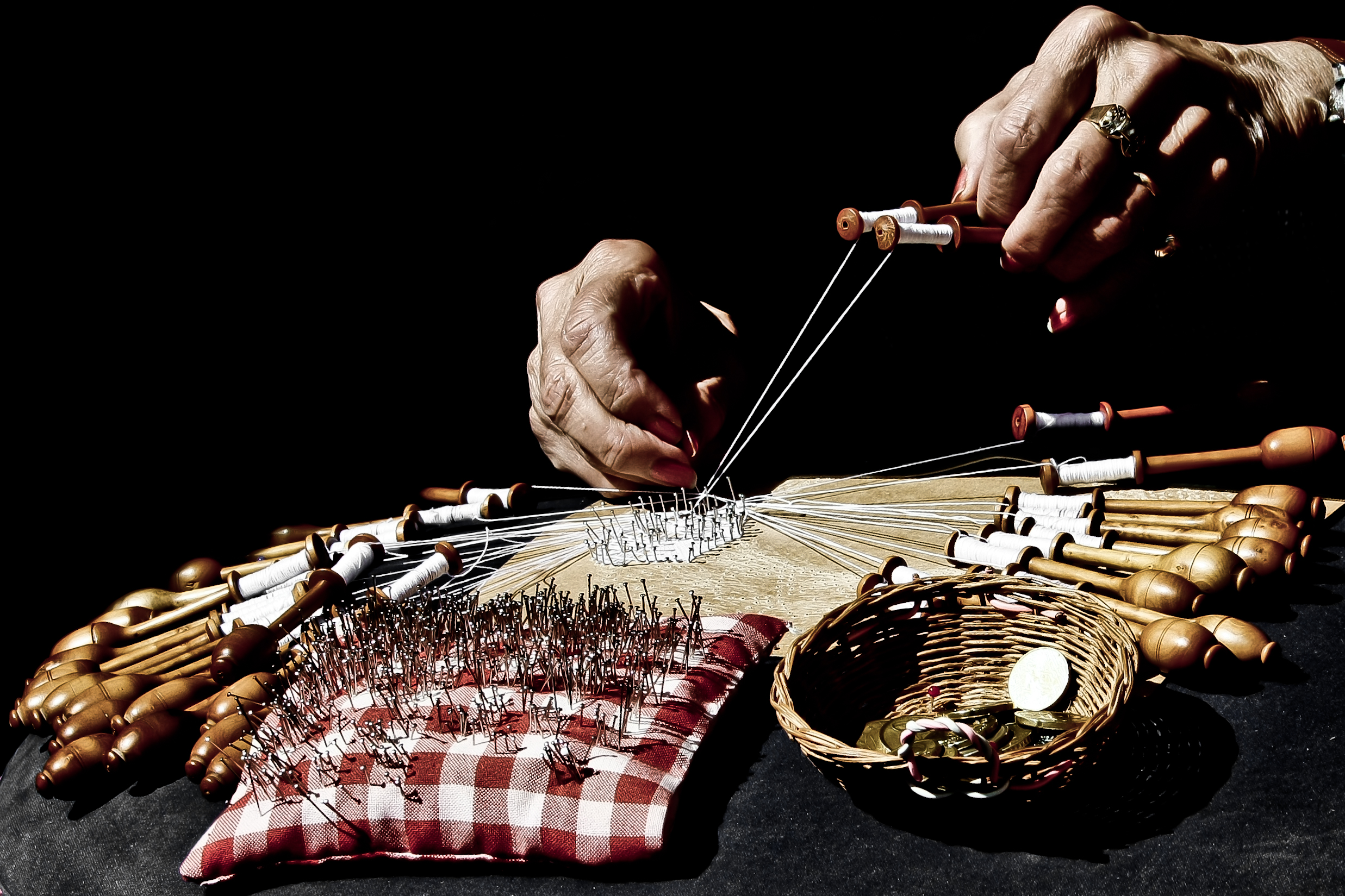I'll do as my children do
/The first signs of autumn are tapping at the window in my part of the world. Whereas the sun used to be up half the night, The horizon is now only bruised with dim light when I rise at 5:30.
Creative Commons image by Latisha of Flick.com
Yes, I get up that early even during the last days of summer vacation--actually especially during the last days of summer vacation.
At 5:30, my energy is bright and focused. I write, do daily spiritual practice, read and even work in the garden once the sun is up. But all too soon the kids are awake. Usually by 6:30. I'm hoping against hope that this propensity to get up early will mean they'll be a bit easier to rouse in the mornings when they're teenagers.
But that's probably wishful thinking.
The kids have been with me for six whole weeks. Unlike most families in our area, we have no nearby grandparents to send them too. Their friends all spend their summers with grandparents, so our street is oddly silent. So, mostly the kids are pestering me, rather than playing.
Just now I hear them rustling awake and landing the first blows of sibling rivalry of the day. A howl and a screech... and the brief time for contemplation and writing is at an end.
And there's another sign of autumn: it's pouring rain outside, which means we'll be inside today.
I've almost made it to the end of the long summer full of often-sick, usually bickering children. School starts Monday. I'll make it. I'm planning autumn-themed stamp painting, baking chocolate-calendula muffins and Spot-It games for today.
But being forced to get up at 5:30 just so I can write a bit puts me in a certain mood, like this poem by an unknown author. It nails ten things that have happened in just the past twenty-four hours.
Watch out, kids. Someday there will be payback.
“When I’m a little old lady
When I’m a little old lady
Then I’ll live with my children
and bring them great joy.
To repay all I’ve had
from each girl and boy
I shall draw on the walls
and scuff up the floor;
Run in and out
without closing the door.
I’ll hide frogs in the pantry,
socks under my bed.
Whenever they scold me,
I’ll hang my head.
I’ll run and I’ll romp,
always fritter away
The time to be spent
doing chores every day.
I’ll pester my children
when they are on the phone.
As long as they’re busy
I won’t leave them alone.
Hide candy in closets,
rocks in a drawer,
And never pick up my clothes
from the floor.
Dash off to the movies
and not wash a dish.
I’ll plead for allowance
whenever I wish.
I’ll stuff up the plumbing
and deluge the floor.
As soon as they’ve mopped it,
I’ll flood it some more.
When they correct me,
I’ll lie down and cry,
Kicking and screaming,
not a tear in my eye.
I’ll take all their pencils
and flashlights, and then
When they buy new ones,
I’ll take them again.
I’ll spill glasses of milk
to complete every meal,
Eat my banana and
just drop the peel.
Put toys on the table,
spill jam on the floor,
I’ll break lots of dishes
as though I were four.
What fun I shall have,
what joy it will be to
Live with my children....
the way they lived with me!”





























